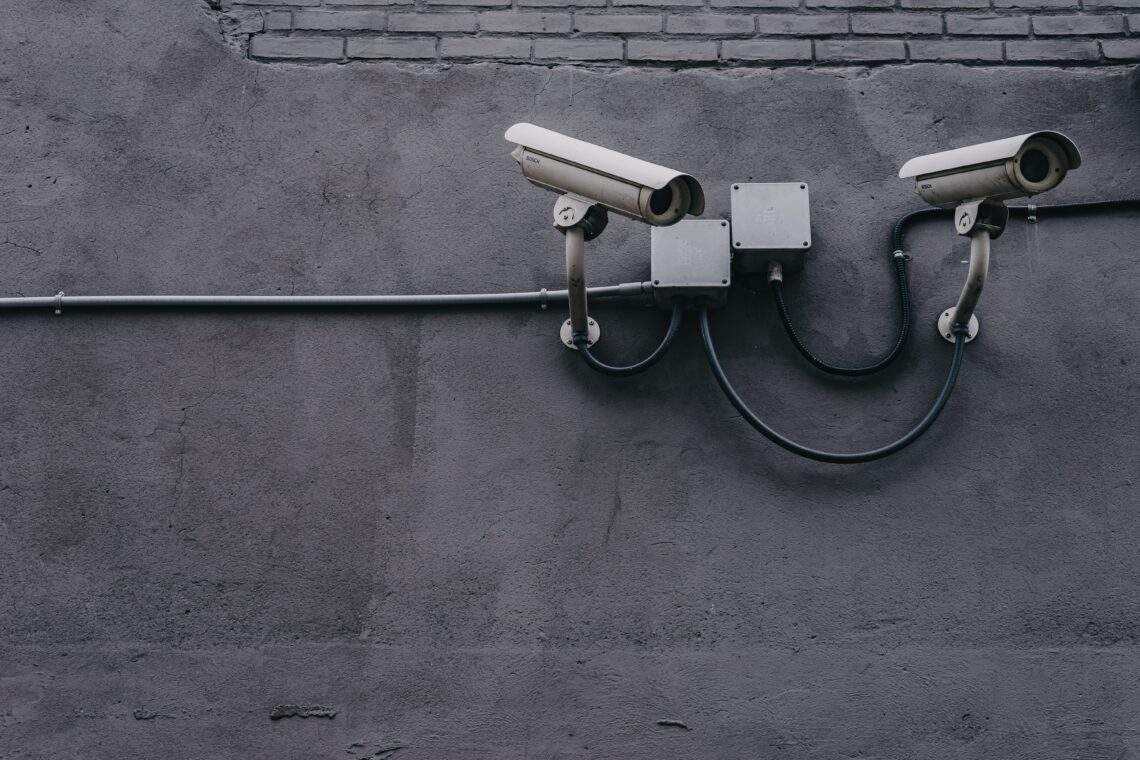Privacy is a virtue! We have to make sure that we aren’t allowing multinational corporations access to our personal information and, more importantly, the information of our students as we begin our journeys as educators. FIPPA is an important consideration in talking about internet privacy as we don’t often think about what happens to our information when we post it online. It can be distributed to several different servers all over the world and we have no idea who really has access to it. Through FIPPA, we can be comforted in knowing that servers stay local, either in BC or in Canada.
Another takeaway I had from class this week was considerations to Open Educational Resources and usage of online media more generally. From the same considerations of my discussion above, we sometimes don’t know who created the media we use and by the same token, the creator may not know how their work is being redistributed and used. By taking the proper channels, through the resources we are learning in this class, we can be sure to include media that is fair use. In my teaching area, which is English, I can think of certain visual aids such as films, pictures, music, etc. that is used in conjunction with readings I assign. For example, reading a book with a popular film adapted from it may be easy to do within the confines of a classroom, but what happens when learning goes remote. We shouldn’t assume that each student has the same streaming services we do as educators and there are some risky sites out there for people looking for free movies. All of this is very important in considerations of accessibility and equitable learning practices, especially when they explore the expansive non-conformity of multi-modalities in teaching.
Photo by Scott Webb: https://www.pexels.com/photo/two-gray-bullet-security-cameras-430208/
